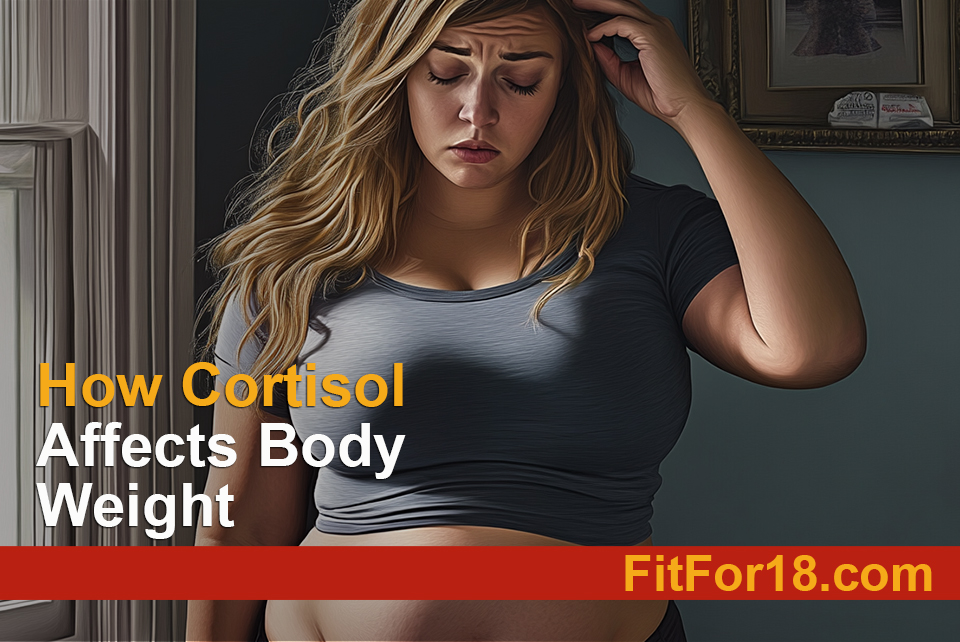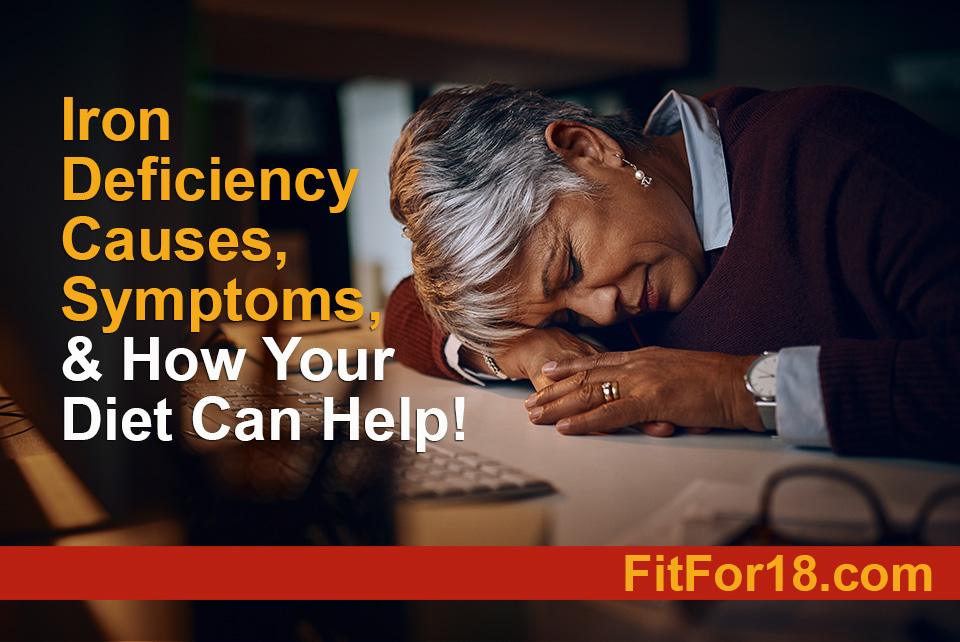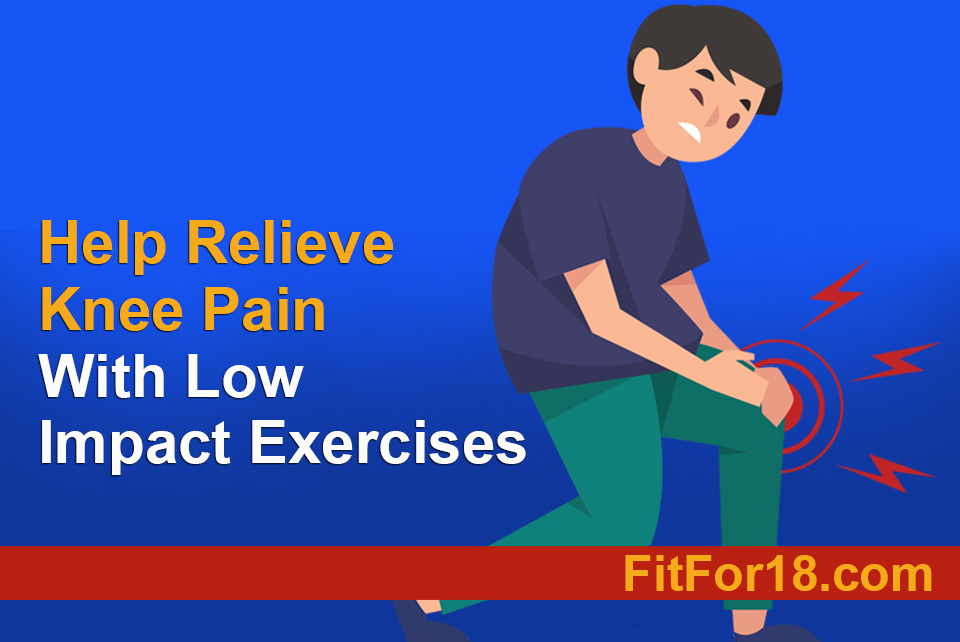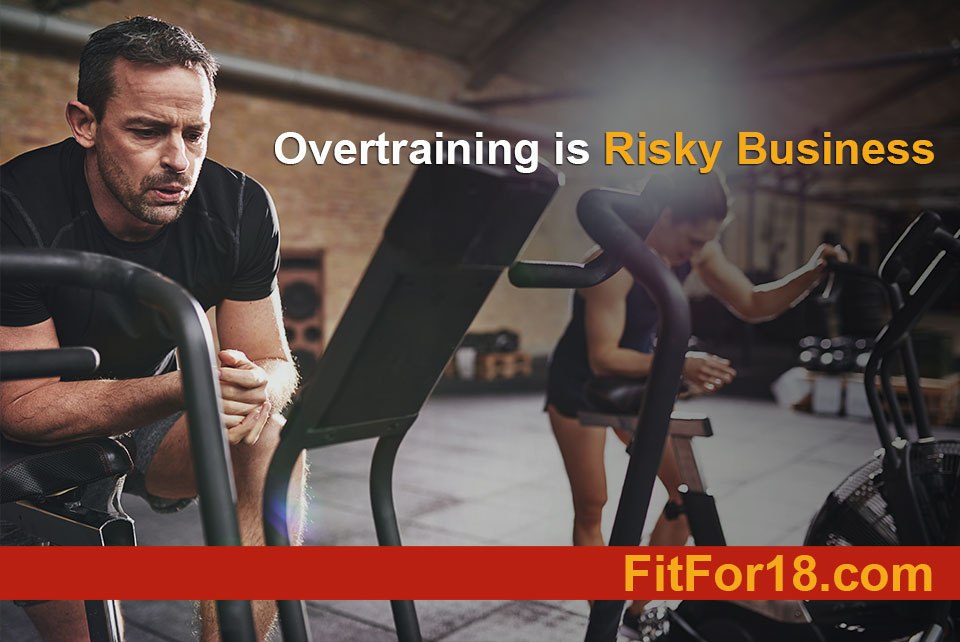The quote “Less is More” is right on point. Many clients who take me on as their trainer, have had worked out, or is actively working out on their own. One of the first things I often hear is that no matter how hard they workout, it has become difficult for them to reach their fitness goals.
When we go through their workout routines, we usually discover that they are pushing themselves past the point of exhaustion. They are doing spinning classes, resistance training, and cardio, not just once or twice, but every day of the week!
To them, the more you workout, the better the results. I often have to tell clients that they are working out way too much and not taking enough rest days.
Passing on rest days can lead to overtraining, which could cause reduced athletic performance, lifting plateaus, weakness, fatigue, and injury.
Signs of Overtraining
In most gyms, even where I train (Kinetix Fitness Center), there is a hardcore goal-oriented atmosphere. The minute you step through the doors the sound of pounding weights drown out the blaring music, and a mix of blood and sweat coat the gym floors.
Usually, in this type of atmosphere, people ignore signs of overtraining. The problem is pain, fatigue, and injury are typically the last warning signs before you burnout.
Signs and symptoms of overtraining occur when the body isn’t able to recover sufficiently before your next workout. Once overtraining has been reached, you will see you aren’t able to workout as hard. Worst of all, if you keep upping the intensity without proper rest and recovery, your risk of injury increases dramatically.
Common Injuries From Overtraining
Common injuries from overtraining are stress fractures (small cracks in the bone, most commonly the foot), tendinitis (inflammation or irritation of a tendon), and bursitis (painful swelling of a small, fluid-filled sac called a bursa).
Occasionally, overtraining can cause a lack of motivation and enthusiasm for whatever physical activity you are in.
Below are a few tips to help you avoid overtraining.
Take A Rest Day
You don’t have to workout everyday. Make a routine with heavy days, light days, cardio days, and rest days. Rest is very important to grow, develop, and recover.
Stretch Before and After Workouts
When it comes to working out, stretching is imperative. Create a stretching routine which includes static stretching, active stretching, and foam rolling.
A great stretching routine will allow you to manipulate your body’s soft tissue. This can aid in recovery by improving blood flow and reducing myofascial restrictions.
Sleep, Sleep, Sleep
Make sure that you aid your body after physical exertion with essential sleep. Sleeping helps your body with recovery and prepares you to function at your best. Giving your body rest will help the body recover after your working out.
Stay Hydrated
Water is very essential for all body functions. Dehydration will have negative effects on your training regimen. Make sure to keep your water intake up when working out. Dehydrated tissue is less flexible and more prone to injury.
Listen To Your Body
Most importantly, whenever you’re working out hard, you have to listen to your body. If you feel like you may be working too hard, give yourself a rest. You want to make sure that you don’t get burned out. You also don’t want to be more prone to injury. So take care of yourself and don’t overtrain.
Let’s Start Reaching Your Fitness Goals!
Schedule your free consultation
Let’s Start Reaching Your Fitness Goals!
Schedule your free consultation
RELATED BLOGS

How Peptides Can Help Sugar Levels And Diabetes
How peptides can help people with diabetes keep their sugar levels in a healthy range.

Why Peptides Are a Safer, Smarter Choice Than Ozempic
Ozempic may be the latest crazy, but is it safe? Here is why peptides may be a better alternative.

How Low Progesterone Affects Body Weight
How low levels of progesterone can significantly impact body weight.

How Cortisol Affects Body Weight
The physical effects of cortisol and its influence on body weight.

Unlocking the Power of Superfoods
My favorite superfoods and how they can help boost your health with every bite!

Iron Deficiency Causes, Symptoms, and How Your Diet Can Help!
Understanding iron deficiency and how your diet can help.

Save Calories With These Thanksgiving Food Swaps!
Help cut calories and still enjoy your favorite foods with this list of Thanksgiving food swaps.

Why Do We Lose Our Balance As We Age?
List of metabolical changes that can affect our balance as we age.

Get Moving: Top 5 Physical Activities For a Vibrant Retirement
A list of the top five physical activities that are perfect for retirees.

Help Relieve Knee Pain With Low Impact Exercises
Some common causes of knee pains and workouts that can help relieve them.

